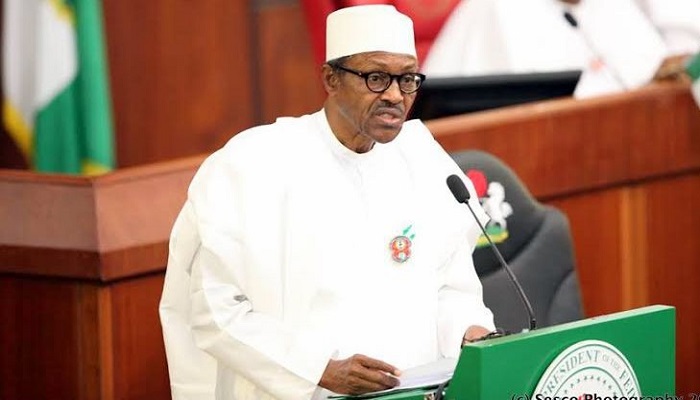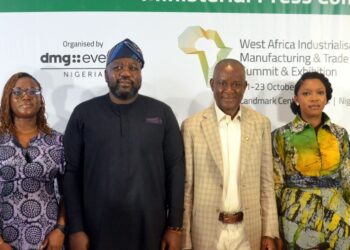The Nigerian Bureau of Statistics (NBS) today released Q3 Gross Domestic Product (GDP) 2017 statistics and on face value they are fairly positive. GDP grew by 1.4% double the 0.7% growth recorded in the preceding quarter (last quarter’s GDP figures were revised from 0.55% to 0.70%) largely due to oil sector growth.
Quarter on quarter, GDP in the oil sector grew by 21.10% in the third quarter of 2017, largely driven by oil production which increased from 1.87 million barrels in Q2 2017 to 2.03 million barrels in Q3 2017. Year to date, GDP growth is 0.43% which at least keeps the economy from the edges of recession.
Non oil growth declined
Looking closer, a worrying trend is visible. Non oil GDP figures dropped compared to the preceding quarter. Non Oil GDP contracted by -0.76 in Q3 2017, compared to the growth of 0.45% in the preceding quarter. Agriculture grew by 12.50% in Q3 2017, a slight drop from the 12.%3% growth recorded in the 2nd quarter of 2017. Manufacturing however contracted by -2.85% in Q3 2017 from 0.64% in 2017.
Construction also contracted by 0.46% in Q3 2017 from 0.13% in Q2 2017. The trade sector also contracted by -1.74% in Q3 2017 from -1.62% in Q2 2017. Transportation and storage sector contracted by -6.25% in Q3 2017, while the Information and Communications sector also contracted by -4.48% in Q3 2017.
Why the decline in non oil sector growth is worrisome
The recovery was largely driven by oil growth which is dependent on the volume of oil produced and global oil prices. The suspension of a ceasefire by Niger Delta militants could thus lead to a drop in oil production, if attacks resume. The drop in non oil sector GDP growth means in the event of another oil price shock, the economy could easily fall back into recession. The much touted recovery thus appears to be weak.
The APC led Federal Government has since its inception in 2015, focused on relying less on non-oil revenue to drive economic growth. However, this is yet to materialize going by the latest GDP figures. Latest 2nd quarter budget implementation report also reveals government non-oil revenues has failed to meet target, off by a whopping 47%.
The drop in non-oil GDP effectively means, one half of Nigeria economy is back into the recession, while the other half is experiencing growth.
Here is a link to the report.























